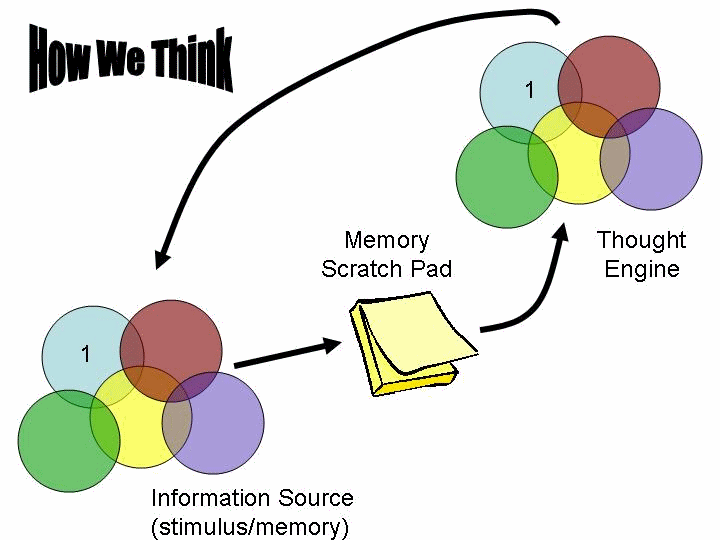With all the memorization and acclimation learning other languages also improves memory studies show that bilinguality can delay the onset of dementia by several years

Learning a Second Language: Boosting Memory and Delaying Dementia

Language is a powerful tool that enables us to communicate, connect, and understand the world around us. From a young age, we are taught to memorize and acclimate ourselves to diverse languages. However, did you know that learning another language not only enhances linguistic skills but also improves memory? In fact, countless studies have shown that being bilingual or multilingual can greatly benefit cognitive functions.
Research has demonstrated that learning a second language can delay the onset of dementia by several years. This finding is supported by a study published in the Journal of Alzheimer’s Disease, which explored the relationship between bilingualism and cognitive decline. The research discovered that individuals who spoke two or more languages experienced symptoms of dementia approximately 4.5 years later than monolinguals.
One explanation for this phenomenon lies in the way the brain functions while learning and using multiple languages. The constant practice of language switches and the effort to recall words and phrases boost neuroplasticity, which refers to the brain’s ability to adapt and reorganize itself. This process leads to the formation of denser neural networks and improved cognitive reserve, both of which play a crucial role in delaying the onset of age-related cognitive decline.
Moreover, being bilingual or multilingual provides a cognitive advantage known as “mental flexibility.” This skill allows individuals to switch between different tasks and viewpoints more effectively. The ability to rapidly shift between languages requires the brain to constantly stay active, consistently exercising memory, attention, and problem-solving skills. As a result, bilingual people have stronger executive functions, enabling them to navigate complex situations with ease.
A study conducted by the National Institutes of Health in the United States highlighted that bilingual individuals exhibited greater grey matter density in brain areas associated with memory, language, and attention. This increased density demonstrates the structural changes that occur in the brain due to bilingualism. Essentially, the brain becomes more resilient and adaptable, allowing for better memory retention and retrieval.
It’s worth noting that the positive effects of bilingualism extend beyond memory improvement and cognitive resilience. Bilingual individuals exhibit higher creativity levels, improved multitasking abilities, and enhanced decision-making skills. These advantages further underline the significance of language acquisition as a means to boost cognitive function and overall mental acuity.
While these studies highlight the benefits of bilingualism, it’s important to note that language learning is a lifelong process. The earlier one starts, the more opportunities they have to develop proficiency in multiple languages. Additionally, it’s essential to engage in consistent language practice to maintain its cognitive advantages.
In conclusion, the journey of learning a second language not only opens doors to new cultures and connections but also greatly enhances memory and cognitive abilities. The continuous memorization and acclimation involved in language learning stimulate the brain, leading to stronger neural networks and cognitive resilience. So why not embark on the memorable adventure of becoming bilingual? Your brain will thank you for it!
Source: National Center for Biotechnology Information
Share
Related Posts
Quick Links
Legal Stuff


